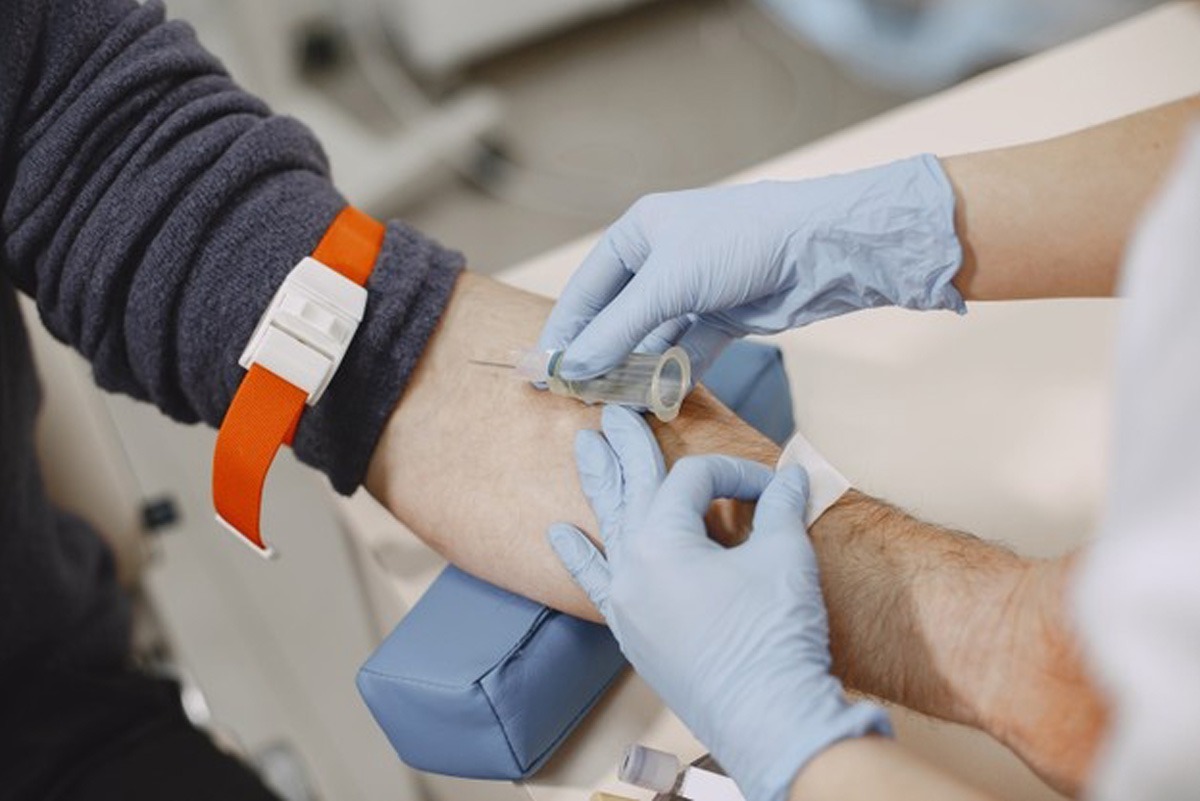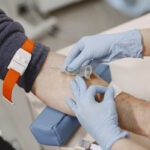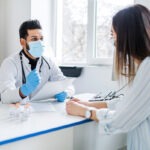What type of tests/checkup is required for preventive health care?
There are a number of tests required for routine medical examination. Some of these are listed below:
Type of Test |
Required for |
Periodicity |
Additional Points |
| Blood pressure check up | All adults | Annual | More frequent monitoring for those with BP of 135/85 or higher. |
| Cholesterol check | All adults | Annual after 30 years and more often if high LDL or low HDL or other risk factors | Obese and those with family history of heart disease may require more frequently. |
| Fasting blood glucose test | All above 40 and earlier for those at high risk | Annual | After age 30 for those with family history of diabetics. |
| Dental Examination | All adults | Every 6 months or as advised | Cleaning and screening for oral cancer also required. |
| Tetanus Diphtheria booster | All adults | Every 10 years | More regularly for aged above 50 |
| Hepatitis vaccine | All adults | As advised by physician | All newborns should be vaccinated |
| Chickenpox vaccine | All who have never had chickenpox | Once. But 2 shots are required for those above 13 years of age | Pregnant women should avoid. |
| Pap smear ( for early detection of cervical cancer) | All women over 18 & earlier if sexually active | Once every 3 years if earlier 3 annual tests are normal & more often for smokers and having multiple sex partners | May stop after 60 years of age |
| Breast cancer screening (mammography) | All women above 45 years | Annual | Self examination and clinical breast examination is also important |
| Colorectal cancer screening Fecal matter blood test, sigmoidoscopy, colonoscop | All 45 years age and above: earlier for those at high risk | Blood test annually, Sigmoidoscopy every 3-4 years and colonoscopy every 7-8 years or as advised by your physician | X-Ray with barium enema may also be done. |
| Thyroid disease screening | Women 50 years & above. Those with high cholesterol and family history of thyroid disease. | As advised by your physician or every 2-3 years | Ask your doctor about risk factors |
| Glaucoma screening | Diabetics and with family history of diabetics, Aged over 50, very nearsighted and suffering from sleep apnea | Bi-annual or as advised by your physician | Preferably all adults over 35 years of age |
| Chalmydia screening | Women 25 and younger, if sexually active | Annual or more often | Men & women of any age who are sexually active and at risk for sexually transmitted diseases. |
| Prostate cancer screening (prostate specific antigen)or PSA test and rectal exam | Those with family history after 40 years of age and others after 50 | Rectal exam annually & PSA on doctors advice | PSA screening only on advice. |
| Influenza vaccine | All aged 50 and above & those suffering from Lung/ heart disease or cancer | Annual | Even healthy younger adults should take it |
| Pneumococcal Vaccine | All aged 60 and above & others under high risk for complications | At least once | Lasts 5-10 years against most types of Pneumococcal pneumonia |
| Rubella Vaccine | All women of child bearing age | Once | Not to be taken during pregnancy |
There are other important preventive measures not listed above-the kind of commonsense steps that could prevent injury, illness, disability, and premature death. Here’s a checklist:
- Don’t smoke, and avoid secondhand smoke.
- Maintain a healthy weight.
- Get regular exercise. Brisk walking for just half an hour every day can be a big factor in weight control and in staying healthy.
- Choose a diet low in animal fat and sodium, and rich in fruits, vegetables, whole grains, and low-fat or nonfat dairy products.
- Keep alcohol consumption moderate: no more than one drink daily for a woman, two drinks for a man. If you are a heavy drinker, seek counseling, and cut back or quit.
- Do self-exams of your breasts or testes, as well as skin.
- Fasten seat belts, see that kids ride in proper restraints, and obey the law. Drive sober and defensively.
- Brush and floss to prevent dental disease.
Someday may be genetic altering may improve immunity levels for disease but until then it is sensible to take adequate care and precautions.







Facebook Comments